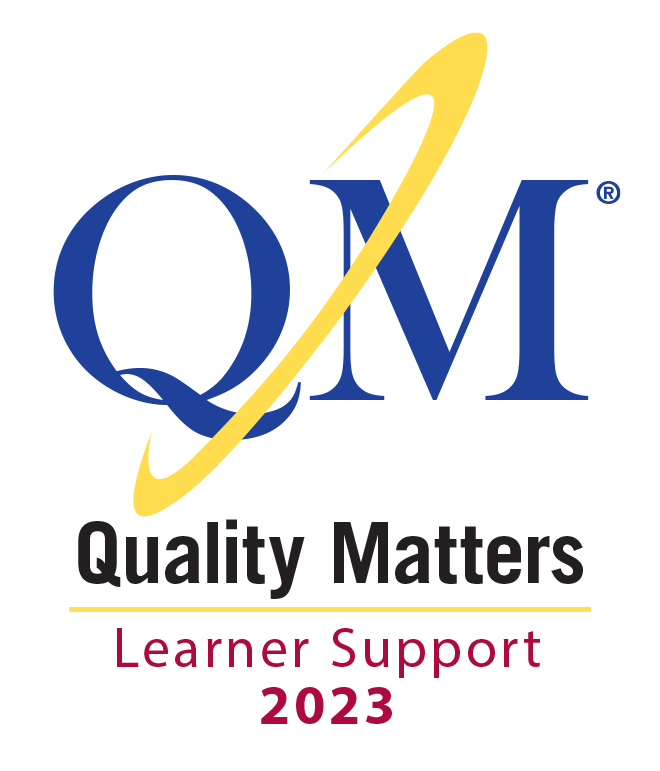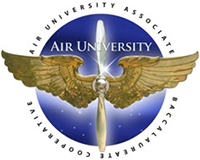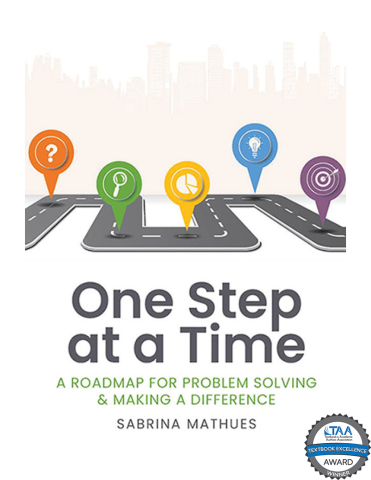Questions? Request Information
Lead in the Fast-Growing Health Care Industry
Prepare to pursue a leadership role in a growing industry with your online Bachelor of Arts in Health Care Administration from the University of Arizona Global Campus. With your health care administration degree, you will be equipped with skills in organizational leadership, health care operations management, and strategic planning. Take the first step toward a fulfilling career in health care management and administration and become a valuable asset to any organization.
Upon completion of your health care administration degree, you will be able to:
- Analyze the legal and ethical issues of health care systems
- Explore cultural and social demographic variables influencing the delivery of health care services
- Examine the provision of health care services within a regulatory environment
- Analyze the major financing systems of U.S. health care services
- Analyze the major forces driving change in the health care system
- Assess the major issues confronting community and public health services
- Apply the theoretical dimensions of leadership within the health care environment
UAGC Award-Winning Curriculum
Military Students $250.00/credit
Undergraduate Courses $460.00/credit
Technology Fee** $115.00/course
Books and Other Class Materials** $125.00/average per course
Graduation Fee $150.00
Total Program Cost See UAGC Catalog¹
¹Keep in mind that this figure doesn’t factor in any potential discounts, partner benefits, or impact of accepted transfer credits, if eligible.

UAGC offers enrolled students access to ScholarshipUniverse, a platform that tailors external scholarship opportunities to your unique situation, making it easier to find and apply for scholarships.
UAGC is proud to provide reduced tuition rates for our academic and corporate partners, helping community college transfer students and corporate employees earn their degrees at a lower cost.
Careers Related to Bachelor of Arts in Health Care Administration


U.S. Department of Labor data regarding salary ranges and job growth projections are national in nature and do not guarantee employment, any specific salary, or job growth. Also, national long-term projections may not reflect local and/or short-term economic or job conditions. Top Skills are provided via Lightcast job postings data and may not align with UAGC program learning outcomes. UAGC programs are not designed to meet the state educational requirements for a specific professional license or certification in any state. UAGC does not guarantee employment placement, any specific salary from employment, or career advancement.


Course Overview
To earn your Bachelor of Arts in Health Care Administration at the University of Arizona Global Campus, you must complete 120 credits. You will need to complete 30 upper-division credits, of which 18 credits must be from the major program. A total of 30 credits must be completed at the University of Arizona Global Campus to meet the residency requirement. You may be able to transfer approved credits from community colleges, other previous college coursework, or other life experiences such as military service or job training toward your degree.
Certification and Licensure Terms and Conditions
This program is not designed to meet the state educational requirements for a specific professional license or certification in any state. Students seeking licensure or certification in a particular profession shall carefully research the requirements prior to enrollment and regularly review the requirements as they are subject to change. Requirements vary by state. The University of Arizona Global Campus does not guarantee that any professional organization will accept a graduate’s application to sit for any exam for the purpose of professional certification. Further, a criminal record may prevent an applicant from obtaining licensure, certification, or employment in their field of study.
Certain degree programs may not be available in all states.
The Online Teaching Support Certification recognizes programs that require all online faculty to undergo training in best practices for online course delivery, provide faculty with ongoing pedagogical support, encourage faculty professional development to increase their knowledge and skill in online teaching, emphasize instructor availability and feedback to learners, and collect and use feedback from learners to improve online teaching. Learn More

The Online Learner Support Certification recognizes programs that provide all the critical student and academic services needed for learner success and use learner feedback to continuously improve those services.

The Air University Associate to Baccalaureate Cooperative (AU-ABC) is a partnership between the University of Arizona Global Campus and the Community College of the Air Force (CCAF). The BA in Health Care Administration is part of this agreement. The agreement allows students who have earned an Associate in Applied Science degree from CCAF to transfer their credits toward this degree at UAGC, significantly reducing the time required to complete their degree. Eligible students will need no more than 60 additional credits to finish their BA in Health Care Administration. An example of how credits may transfer under this agreement can be found here.

What Can I Do with a Degree in Health Care Administration?
Here are just a few career opportunities with a health care administration degree that you can pursue:
- Health Information Specialist
- Health Care Support Worker
- Medical Records Coordinator
- Medical and Health Services Manager
- Health Information Technologist and Medical Registrar
- Patient Safety and Health Care Quality
- Health Care Administration/Management
- Hospital and Health Care Facilities Administration/Management
- Long Term Care Administration/Management
- Health Information/Medical Records Administration
- Health Services Administration
You may use the experience and knowledge you gain in this program to seek a health care administration career in a variety of settings, such as hospitals, nursing homes, and health departments.
Gain insights into the health care administration job market by reviewing the Bureau of Labor Statistics market outlook report.
I looked at a lot of different institutions; however, the friendliness of the staff and knowledgeable advisors really steered me in choosing UAGC.
BA in Health Care Administration FAQs
-
A BA in Health Care Administration can open doors to a wide range of rewarding careers in the health care industry. Some of the most common job roles you can pursue are entry-level positions in medical administration and medical records, and managerial and administrative roles in health care and health services.
-
The Bachelor of Arts in Health Care Administration program at UAGC explores health administration, regulation and financing, health care planning, and health policy. Your curriculum will examine topics such as managing health care workers, community and public health, health issues’ social implications, and the social, political, ethical, legal, and economic factors contributing to the complexity of the U.S. health care system.
-
According to U.S. News & World Report, online degrees are increasingly recognized as equivalent to traditional programs, especially when earned from accredited institutions like UAGC. Our program offers flexibility and convenience while providing a comprehensive curriculum and opportunities for professional development.
-
UAGC facilitates networking and professional development through various methods, including online discussion boards, virtual group projects, and online student clubs and organizations. These platforms allow you to connect with peers, faculty, and industry professionals, fostering collaboration and knowledge sharing.
Additionally, we offer virtual events, alumni networking, and peer-to-peer mentorship programs to help you build relationships and gain valuable insights from experienced health care leaders. These opportunities, combined with the flexibility of online learning, enable you to expand your professional network and enhance your career.
See What Else UAGC Has to Offer
Questions? Request More Information
To access this rate using the Liberty Grant, only eligible undergraduate active duty service members, members of the National Guard, Reservists, spouses of active duty, members of the National Guard and Reservists, Department of Defense employees using Tuition Assistance (TA), and civilian employees of the United States Coast Guard (only if utilizing Military Tuition Assistance) will qualify.
**
The Technology Fee covers access to University systems such as the online classroom, the Student Portal, and other academic resources. The Technology Fee and the Course Digital Materials (CDM) Fee are fully refundable if a student does not attend beyond Day 3 of a course (Week 3 if covered under the University of Arizona Global Campus Promise Refund Schedule). After this time, the fee becomes non-refundable. Students are charged the Technology Fee for repeated coursework. Students are not charged the CDM fee for repeated coursework if previously charged.
†
The transferability of credits is subject to the University of Arizona Global Campus transfer credit policies and requires the submission of official transcripts. The official transcripts will be evaluated by the Registrar’s Office to determine the credits that will officially apply toward a UAGC degree program. Credits must be earned at the same degree level in order to be applied. Additional restrictions may apply. See the UAGC Academic Catalog for full undergraduate and graduate transfer policies.





